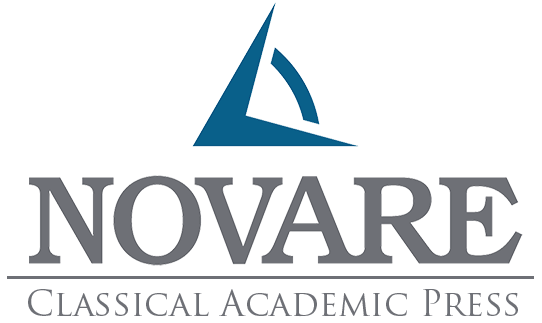WONDER INTEGRATION MASTERY
Challenges abound in education today, compelling thoughtful educators to search for new teaching methods and solutions for the classroom. Christian schools and homeschools have freedom to implement the changes that will truly improve education and increase student achievement.

Wonder
The study of science should always begin with wonder. The world is a stunning place, full of surprises and jaw-dropping phenomena. But there are many factors standing in between our students and the world they might otherwise become fascinated with. Safety concerns interfere with kids playing and exploring outdoors. Liability concerns make it hard to find a decent chemistry set. And unfortunately, it is common today for young people to grow up spending most of their time indoors with digital media. The natural draw of nature for budding scientists is now commonly missed. Many people have never seen the night sky in an area that is completely dark and have no idea of the stunning beauty of the heavens at night. Most kids have not hiked and camped in the forests and have not learned to listen to the sounds made by animals, insects, and trees.
Additionally, the environmental challenges we face today from pollution, resource exploitation, and especially climate change require a new generation of people who care about the earth. But people usually do not care about what they do not love, and they do not love what they do not know about. Helping students to know the natural world has never been more important than it is today. Only if they know the world will students begin to love it, and only then will they be motivated to take care of it.
Integration
A second major aspect to the needed paradigm shift is that instruction must be integrative. The habit of compartmentalizing disciplines of learning must be eliminated. This habit currently pervades everything from problem assignments to lesson presentations to test design. Instead of isolating science and math content from everything else, critical points of effective integration must be developed. Some integration points include:
- frequent use of mathematical skills in science classes, and frequent science applications in math classes
- maximizing opportunities to develop good written expression on exams, lab reports and papers
- developing key historical connections that serve to enhance understanding; and
- treating, in addition to basic skills, the nature of scientific and mathematical knowledge, and the roles these play in leading us toward truth, goodness and beauty.
Naturally, for integration to be effective, specific learning objectives must be developed, explained to students and incorporated into assessments. Novare texts include clear learning objectives in every chapter.
Mastery
Mastery essentially means long-term retention of course content.
The first step toward mastery-learning is to change how we define success. The broken default pattern is what we call the Cram‑Pass‑Forget cycle: students cram for their tests and pass them, only to quickly forget most of what they crammed. Success in such an environment is a matter of jumping through assessment hoops. Students are not only cheated by this regimen, they are bored with it. And teachers are demoralized by the results.

By contrast, Novare advocates methods and curriculum designed to promote long-term retention using a Learn‑Master–Retain cycle. This first involves culling the content scope to an amount that can be truly mastered in the course of a school year. Many educators unthinkingly prioritize quantity over quality. But we believe students should be presented with a right amount of material they can learn deeply rather than a bloated scope of content that they will neither comprehend nor remember. Students who study for mastery typically outperform their peers as they move to higher level classes.
Second, leading students to mastery and retention requires teaching methods designed to produce these results. The standard approach used today involves teaching a chapter and giving a test on the chapter. By contrast, pedagogy designed for mastery and retention involves continuous review, ongoing accountability for previously studied material, and embedding of basic skills into new material. Of course, an effective method includes innovative strategies to enable students to master course content.
kingdom perspective
We reject today’s artificial conflict between faith and science. We affirm Jesus Christ as the center of all things. He is the Lord of all Creation, the one “by whom all things were made” and in whom “all things hold together” (Colossians 1). There can be no inherent conflict between faith in the One who made the world and study of the world He made. There can only be conflict between the faith claims of those who believe in Him and those who do not.
The conflict we constantly hear about today is fueled by the irresponsible attitudes held by people on both sides of the conflict. Many Christians approach science with suspicion, leery that science contradicts the Bible, or worse, that it is the tool of an atheist agenda. Many non-Christians make the equally foolish mistake of claiming that there is no room for faith in the scientific enterprise, or that science shows that there is no God. In fact, the reverse is the case.
The paradigm we advocate includes significant changes to the ways teachers think and talk about the relationship between science/mathematics and the loving Creator who not only made everything, but gave creation to us as an amazing gift.
We must help our students to see these fingerprints of God revealed in nature. We live in an endlessly fascinating and mysterious world, where not only do “the heavens declare the glory of God, and the skies proclaim his handiwork,” but so do atoms, lemurs, DNA, Fermat’s Last Theorem, the integrity of scientists, the transparency of our atmosphere and the Higgs Boson. This beautiful world, this breathtaking gift of God, is loaded with potential we haven’t even dreamed of yet!
